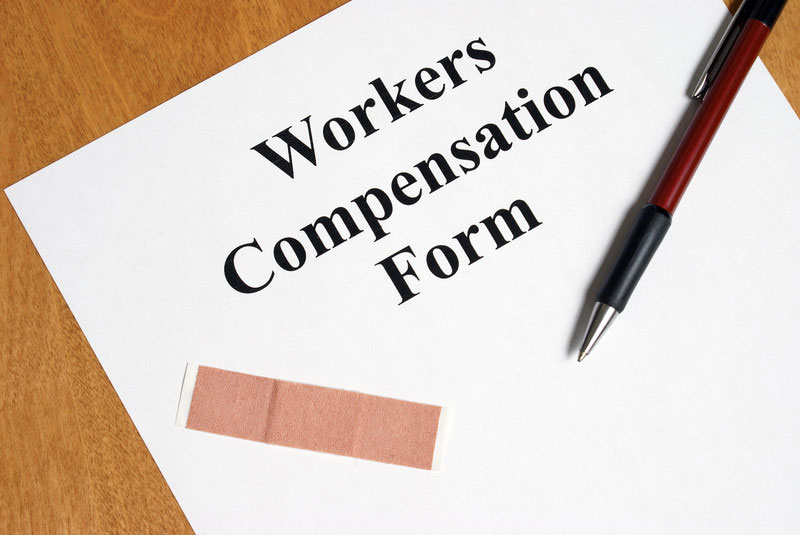The medical aspects of a workers’ compensation claim are made clear by a medical chart review company that assists attorneys with such claims. However, attorneys, insurers and doctors dealing with worker’s compensation systems have to be familiar also with all the related abbreviations which can be confusing. Often, abbreviations such as average weekly wage (AWW), temporary total disability (TTD) and permanent partial disability (PPD) used in the claim documents and files can be confusing.
Understanding Workers’ Compensation Terms: A Comprehensive Guide
Let us check out 12 common workers’ compensation terms and their general definitions.
- ALJ (administrative law judge) – In the case of a workers’ compensation claim denial, it is the administrative law judge who will hear the appeal.
- AWW (average weekly wage) – This is the average weekly wage, based on which the amount of benefits a worker will receive is determined. Workers’ comp benefits are typically a percentage of the AWW.
- C&R (compromise and release) – This refers to a type of settlement agreement agreed upon by a worker, the employer, and the employer’s insurer. Here, the worker agrees to close the workers’ comp claim in exchange for a lumpsum payment.
- FROI (first report of injury) – In most states, FROI is the official start date of the workers’ compensation claim. Once the worker reports the injury, the employer files an FROI with the state workers’ compensation agency.
- FCE (functional capacity evaluation) – FCE refers to a physical examination which is used to assess whether the worker can perform certain job-related physical tasks such as holding, reaching, bending, standing, and more.
- IME (independent medical examination) – This examination administered by a doctor chosen by the insurer is used to evaluate a worker’s condition and determine if there is any long-term or permanent impairment. IME reports will then be used to dispute the treating physician’s opinion and further deny or reduce benefits.
- IR (impairment rating) – If the worker is impaired, even after the injuries were healed, the treating doctor will examine him/her and if there is a permanent impairment the doctor assigns an impairment rating to the body areas impacted by the injury.
- MMI (maximum medical improvement) – Once the point of maximum medical improvement is reached, the healthcare provider advises the injured employee that they will not recover any further from the injury.
- MCO (managed care organization) – In several states, employers are allowed to manage workers comp injury treatments through managed care organizations. If the employer has an MCO, workers can be treated with a doctor in the MCO’s network.
- PPD (permanent partial disability) – An employee who has a permanent impairment but can work in some form is considered to have a permanent partial disability. For instance, if a worker’s body part is injured permanently, but is still able to earn the same wages, a PPD award is granted.
- PTD (permanent total disability) – Serious injuries that leave the employee unable to work in any capacity will qualify as permanent and total disabilities.
- RSI (repetitive stress injury) – This injury develops over time when a worker is required to repeat the same motions as part of his or her job duties.
As an experienced medical record review company assisting worker’s compensation attorneys, we also keep up-to-date with these terms.




